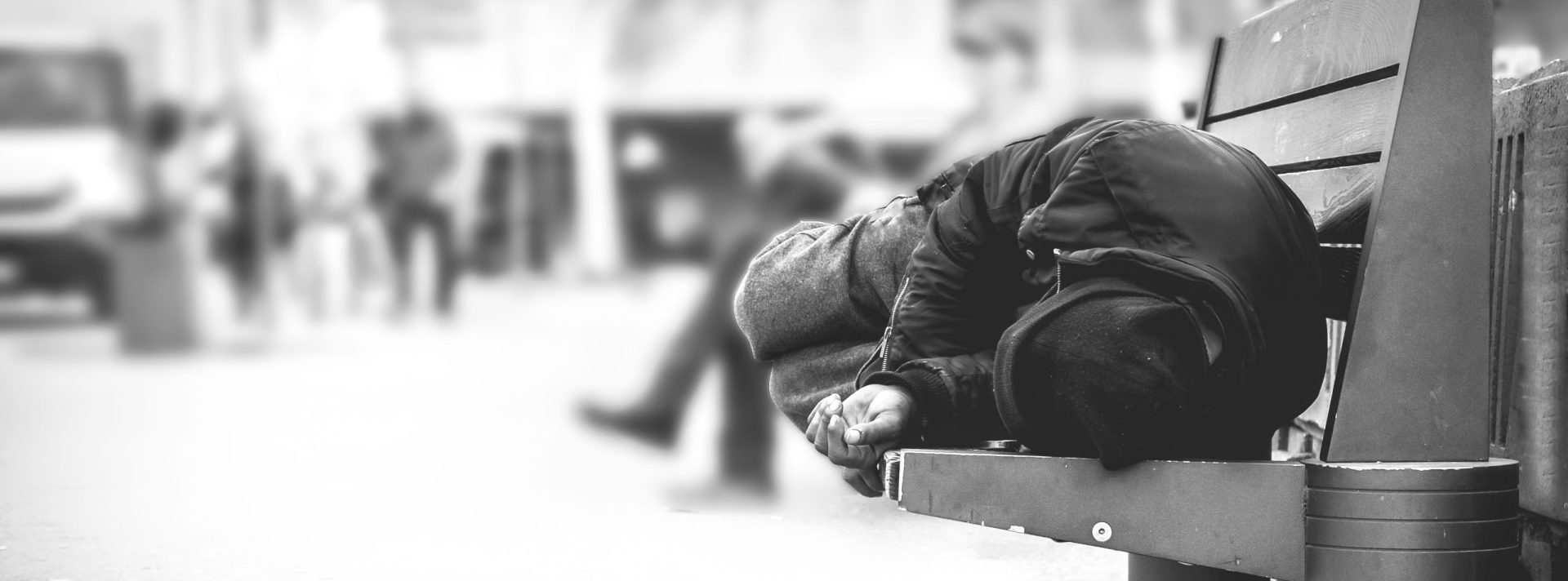Homelessness Does Not Discriminate
Homelessness Does Not Discriminate
The number of Americans at risk of or experiencing homelessness is staggering. This vulnerable population includes individuals, families, and unaccompanied youth.
Diverse Backgrounds
Among them are veterans who served our country, people with physical or mental illnesses who are unable to work, those struggling with untreated addiction, and everyday people like you and me who have lost their jobs and income.
Contributing Factors
Several factors contribute to homelessness, with poverty, reduced public assistance, and lack of affordable healthcare being chief among them. Families living in poverty can fall into homelessness due to unforeseen financial challenges such as a death in the family, job loss, or an unexpected bill, making it impossible to maintain housing.
Affordable Housing Crisis
While circumstances vary, the primary reason people experience homelessness is the lack of affordable housing. This issue is particularly severe in urban areas where homelessness is more prevalent (Source: National Alliance to End Homelessness).
Universal Vulnerability
Homelessness can affect anyone, regardless of gender, age, race, ethnicity, or sexual orientation. Many families, individuals, and children today are just one paycheck away from losing their homes
Personal Impact
For those without a home, the impact is devastating. Imagine what it would mean to be without a safe place to sleep, shower, store your belongings, and build your life.
Societal Costs
The societal costs of homelessness are also enormous, including medical treatment, hospitalization, police intervention, incarceration, and the provision of emergency shelters.
Fundamental Rights
Every human deserves safe shelter, food, and clothing. Addressing homelessness requires a collective effort to ensure these basic needs are met by all individuals. By understanding the complexities and contributing factors, we can work towards creating a society where homelessness is no longer a pervasive issue.






